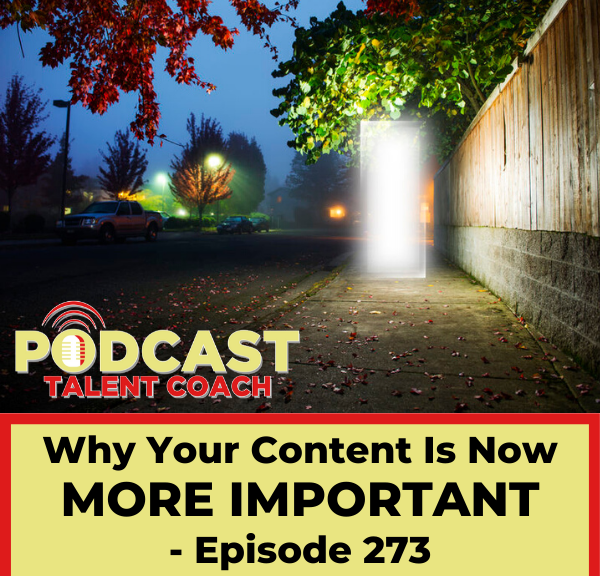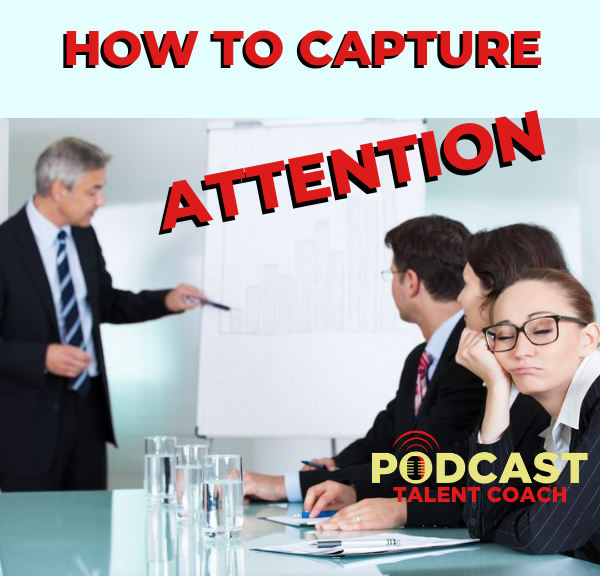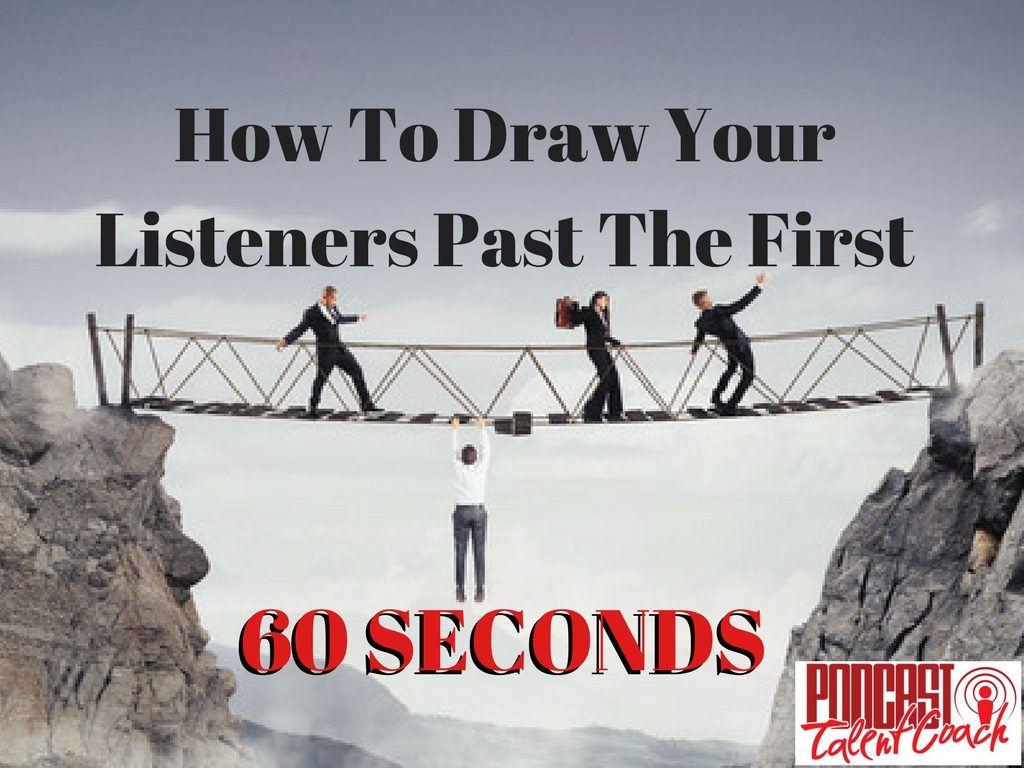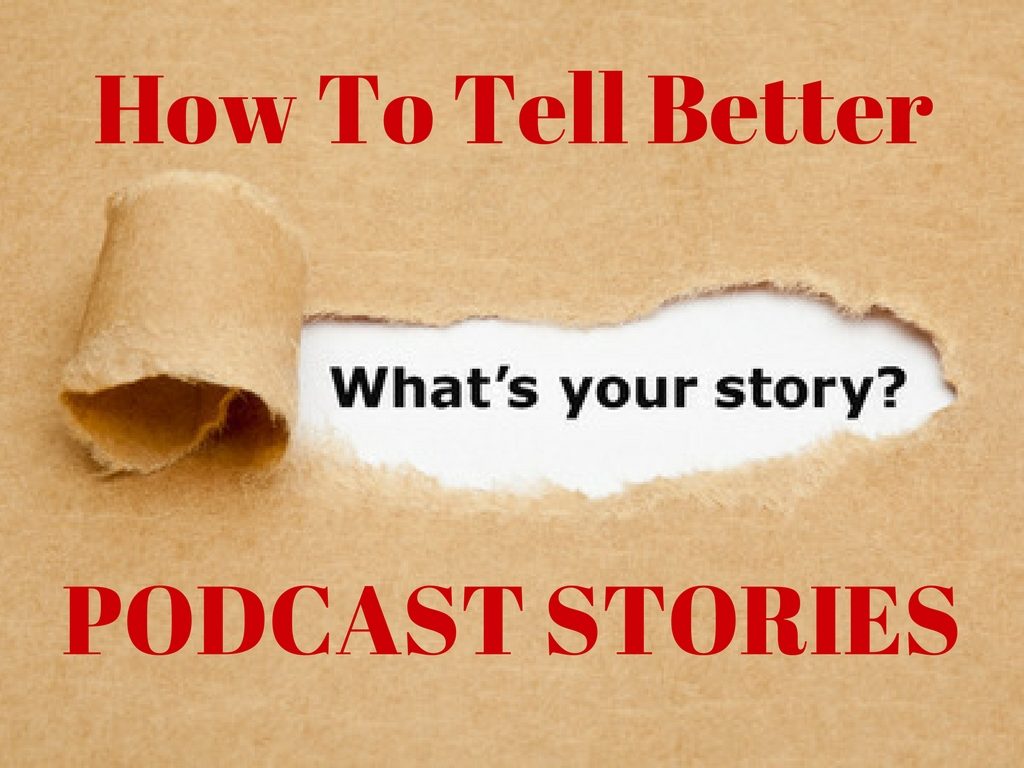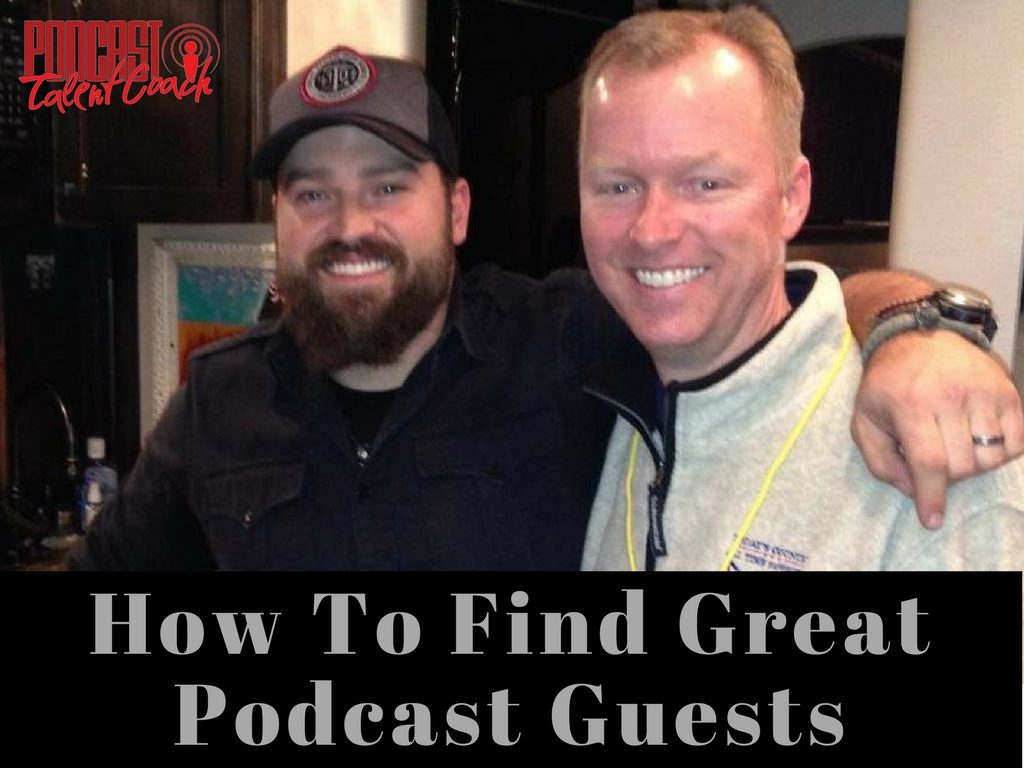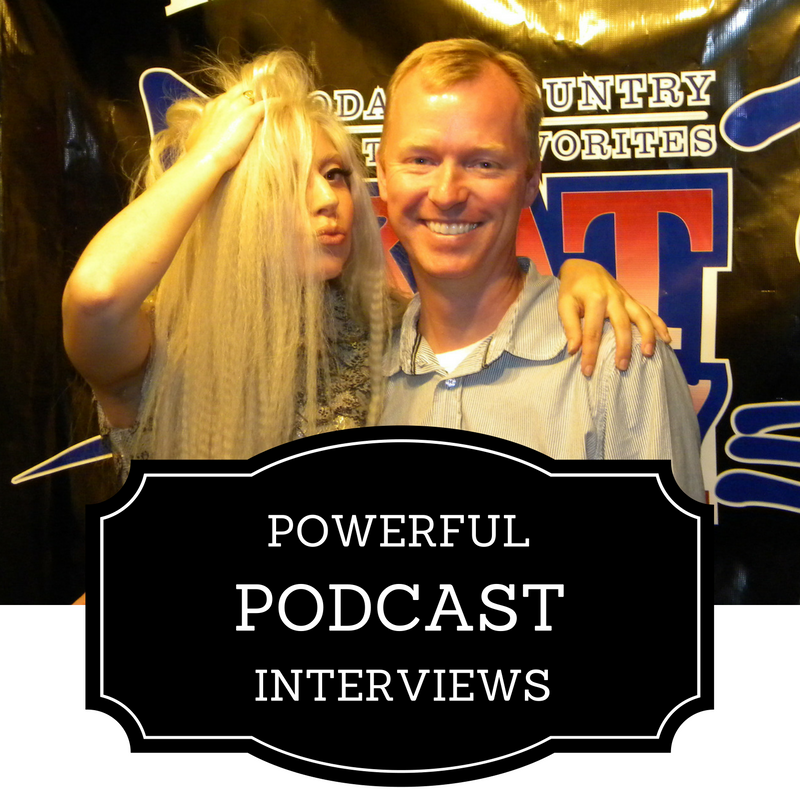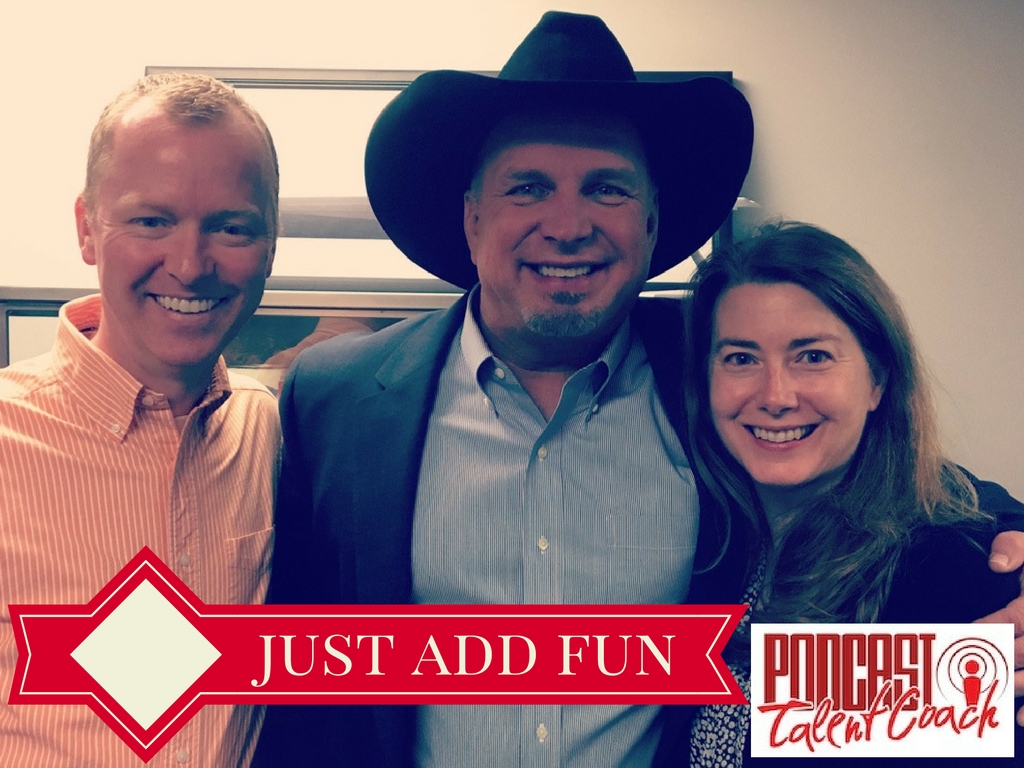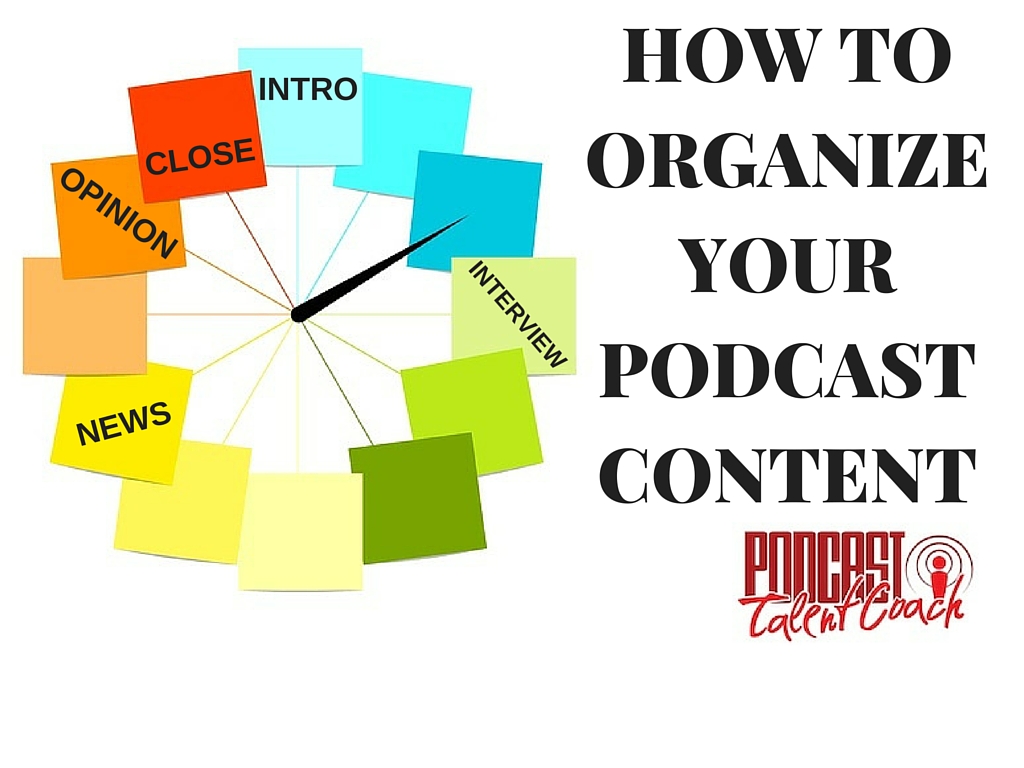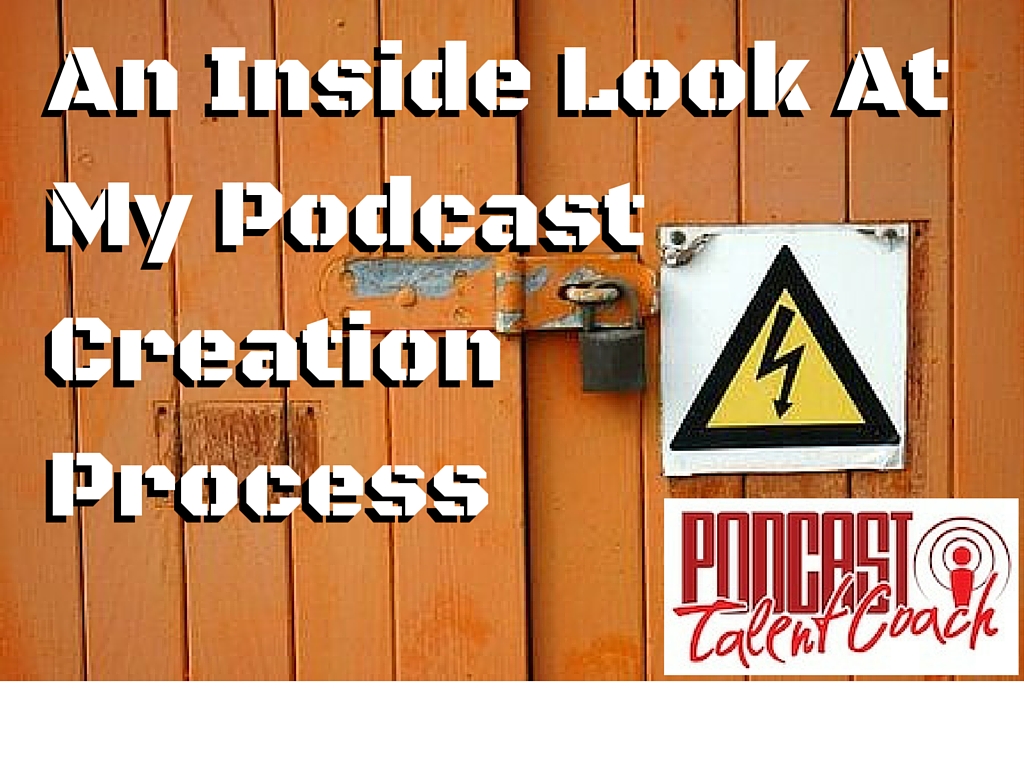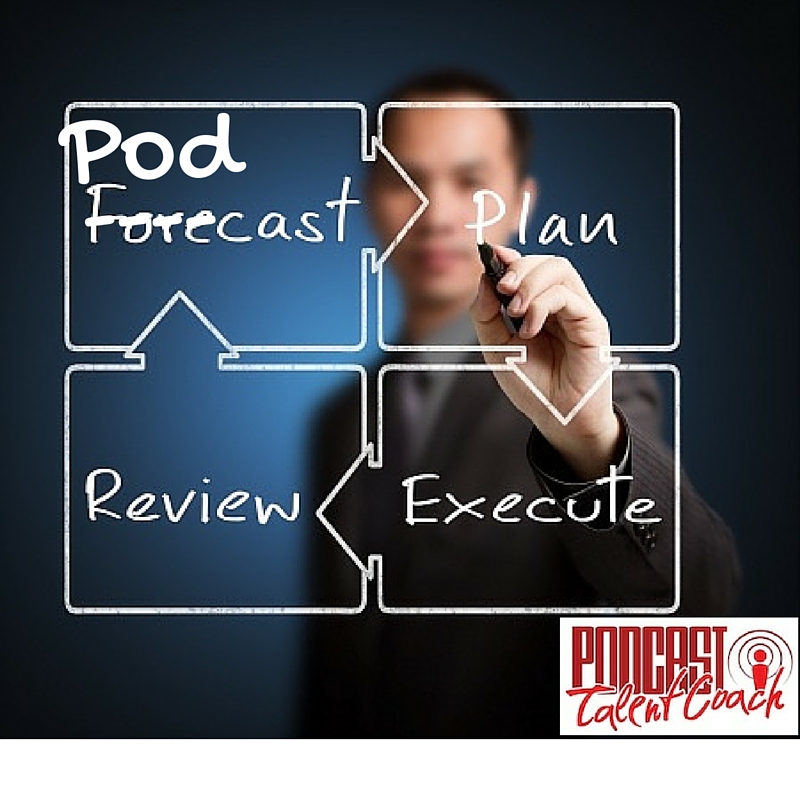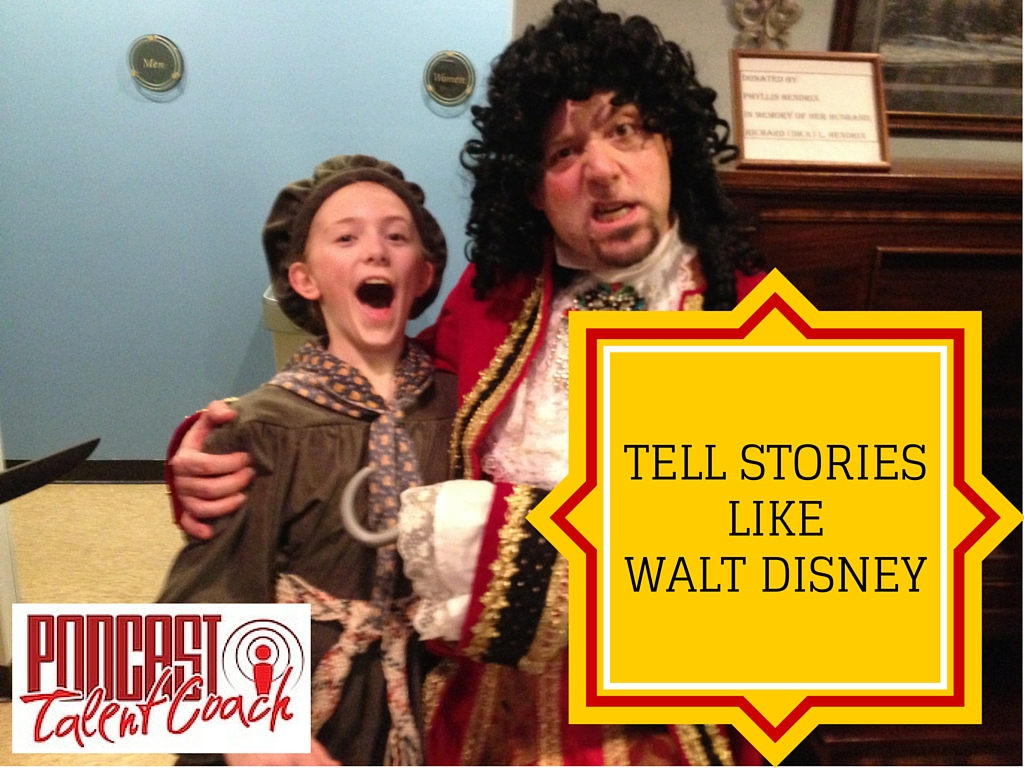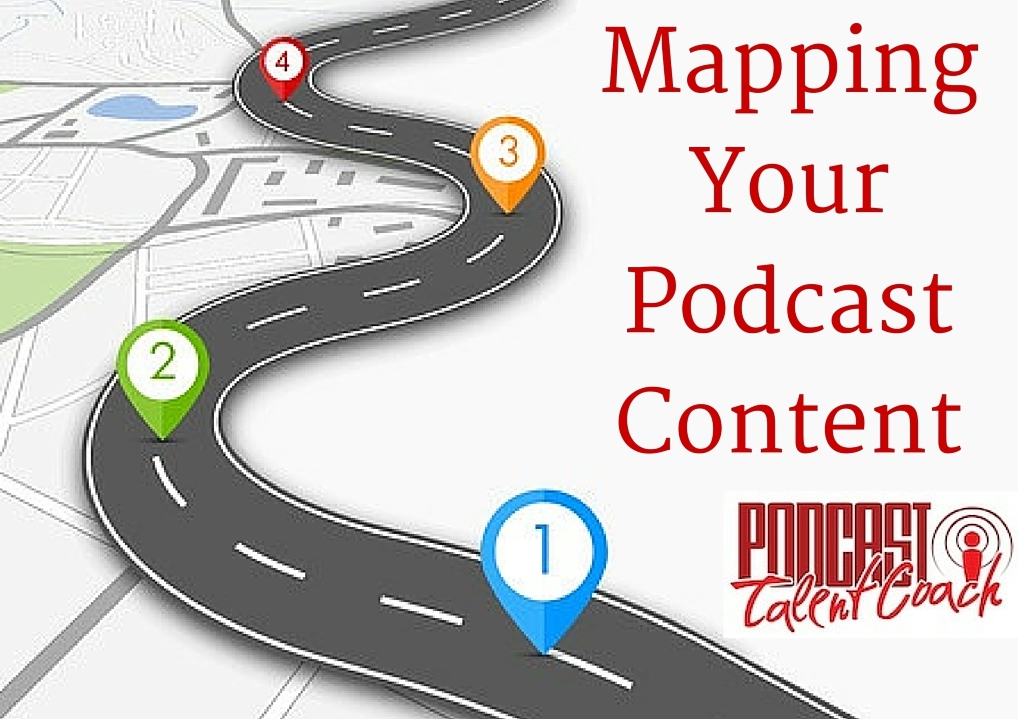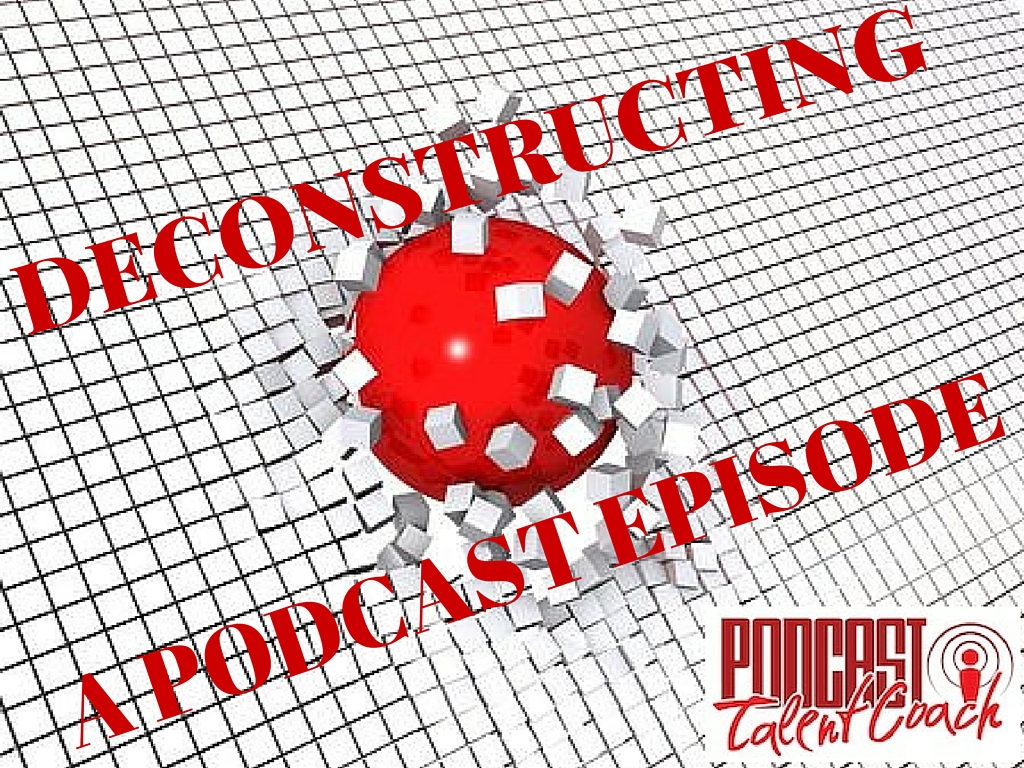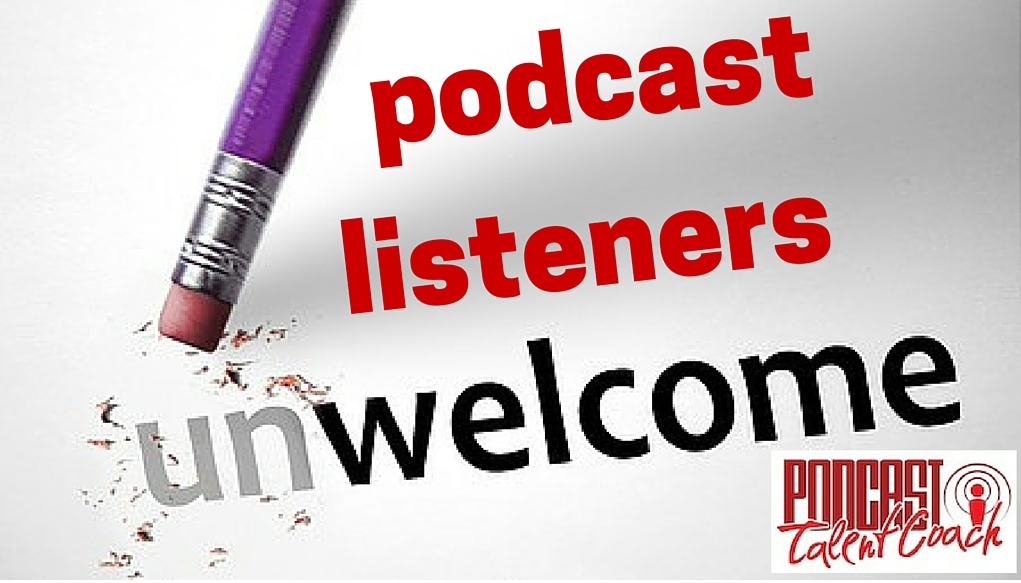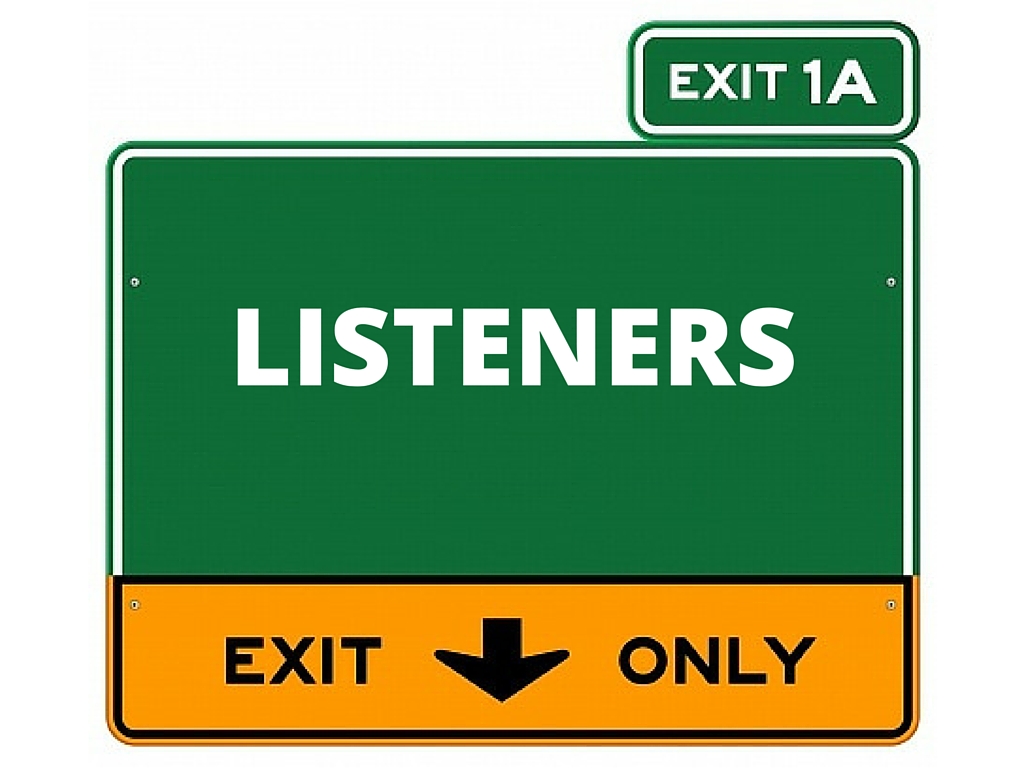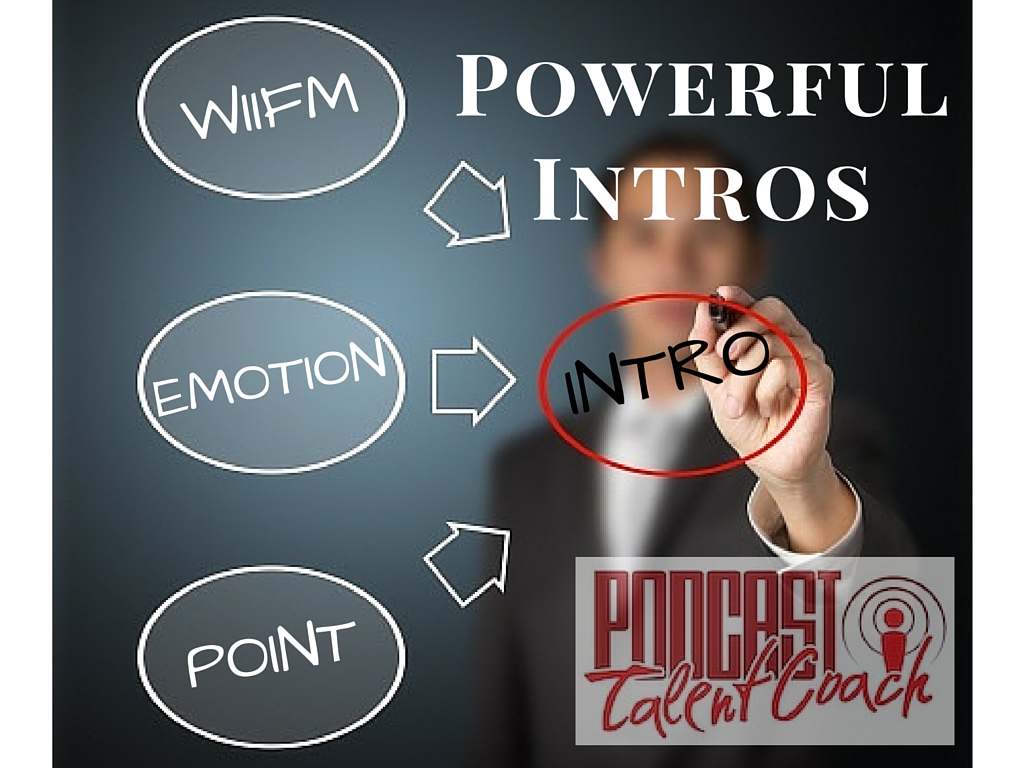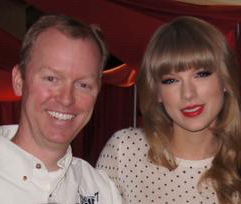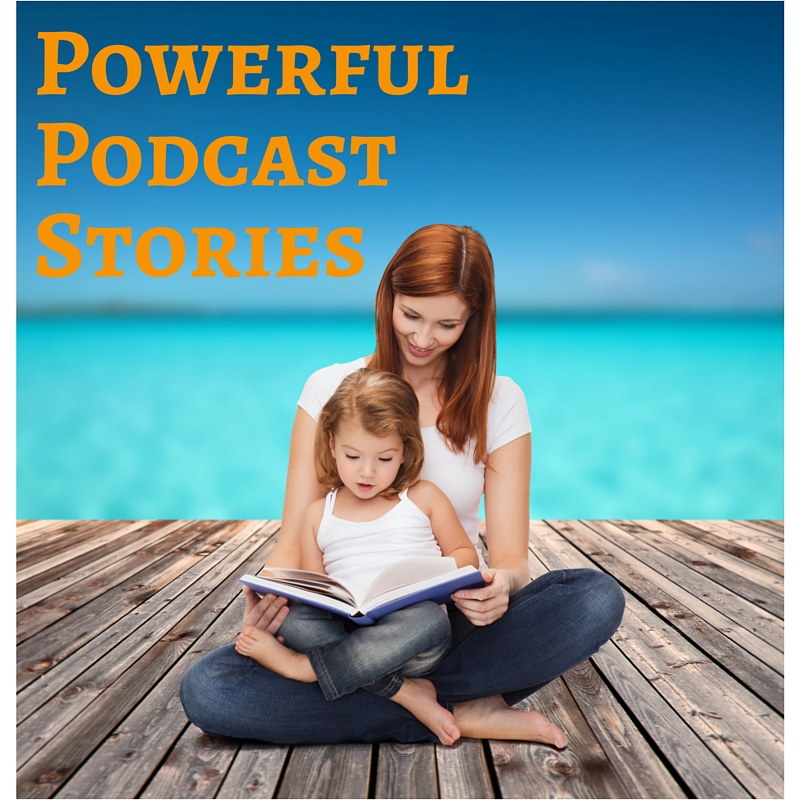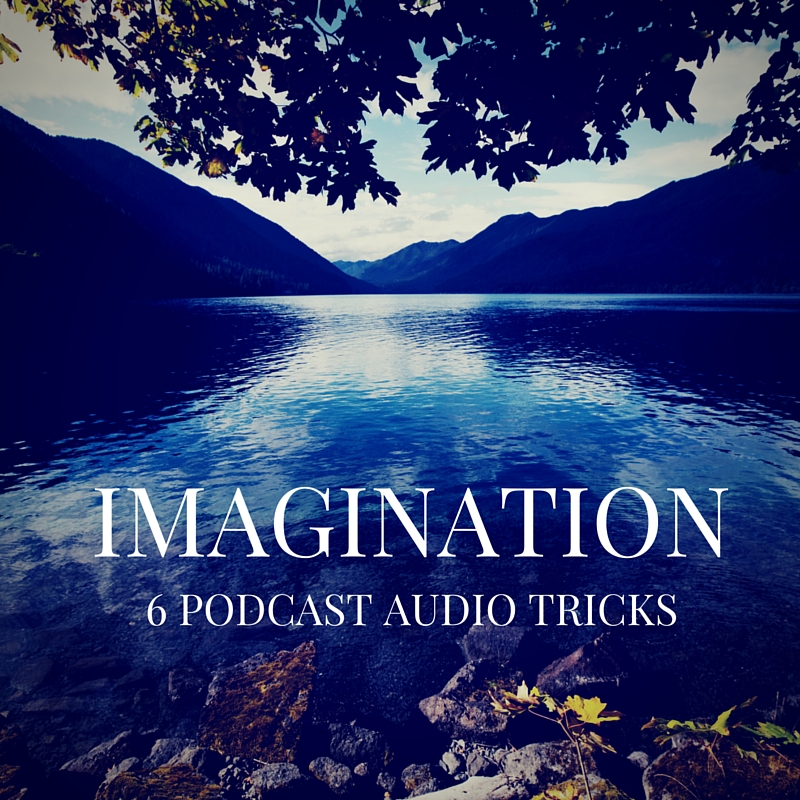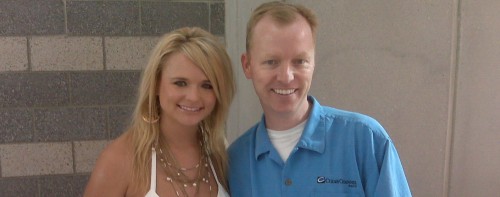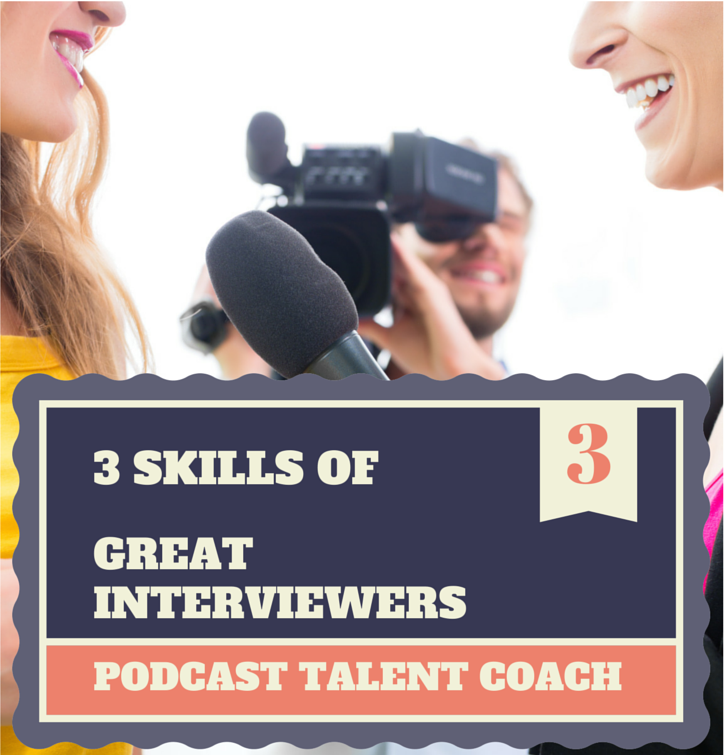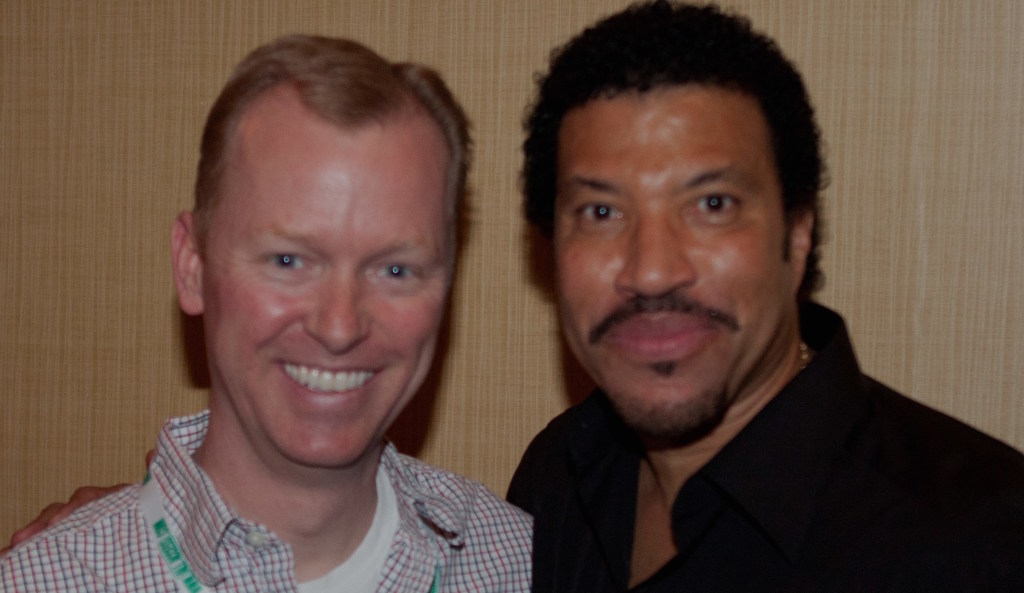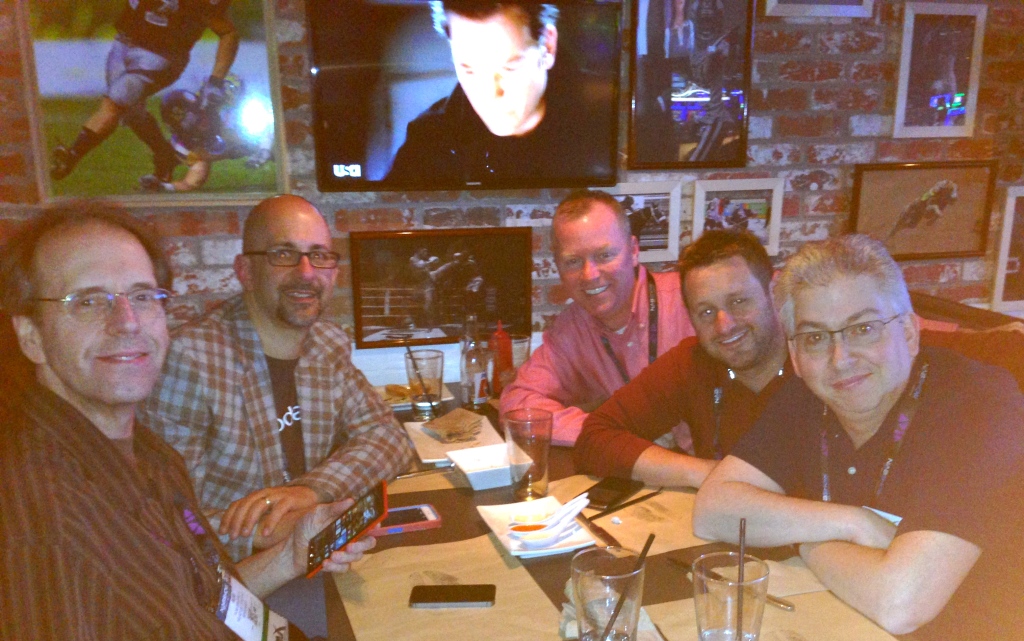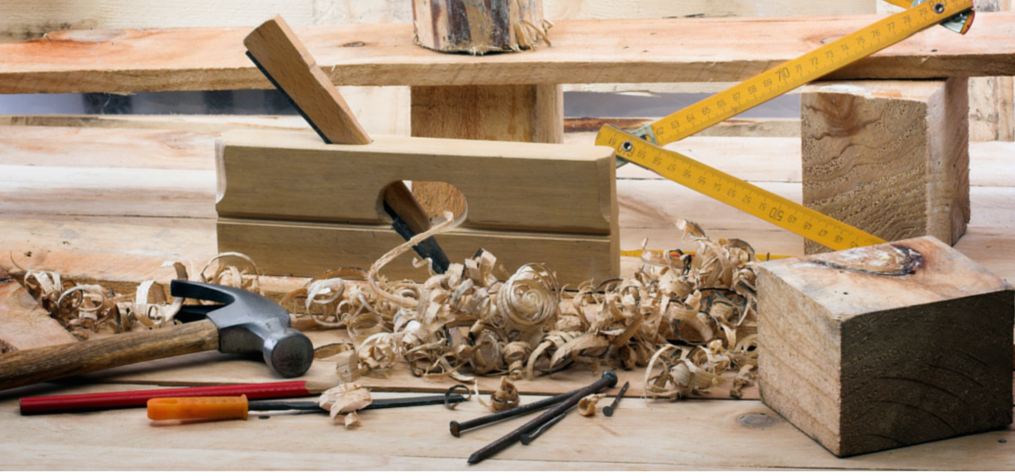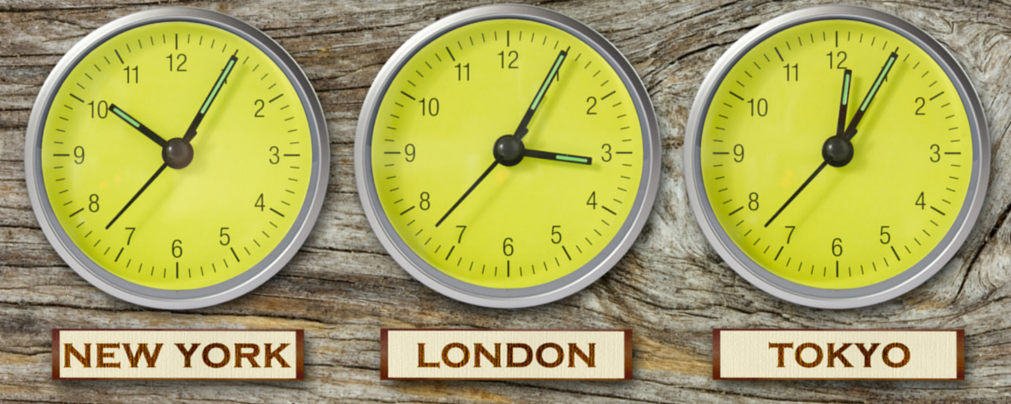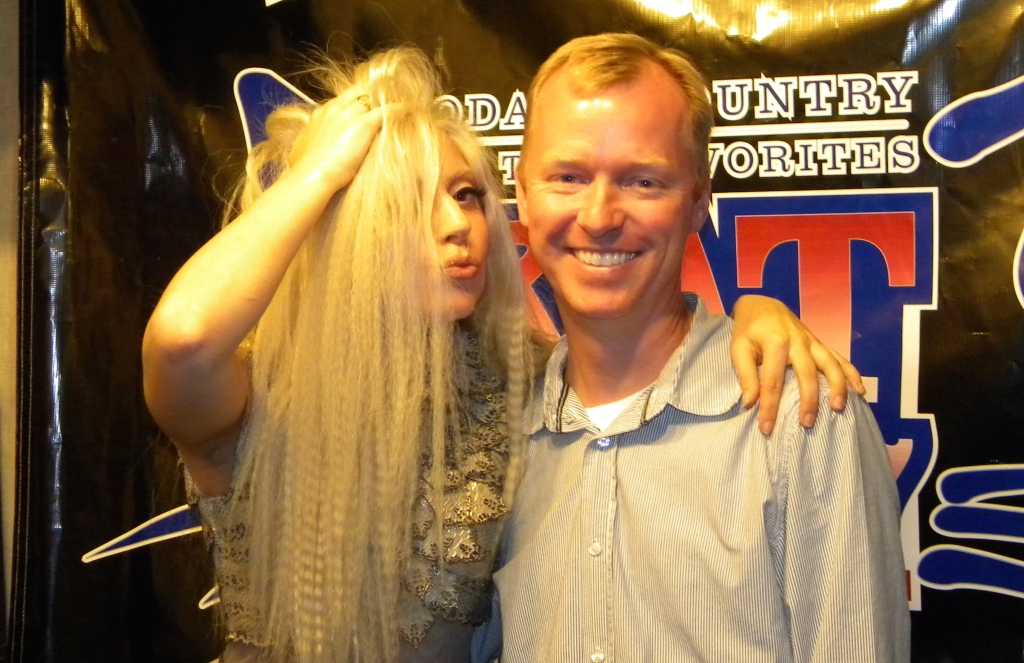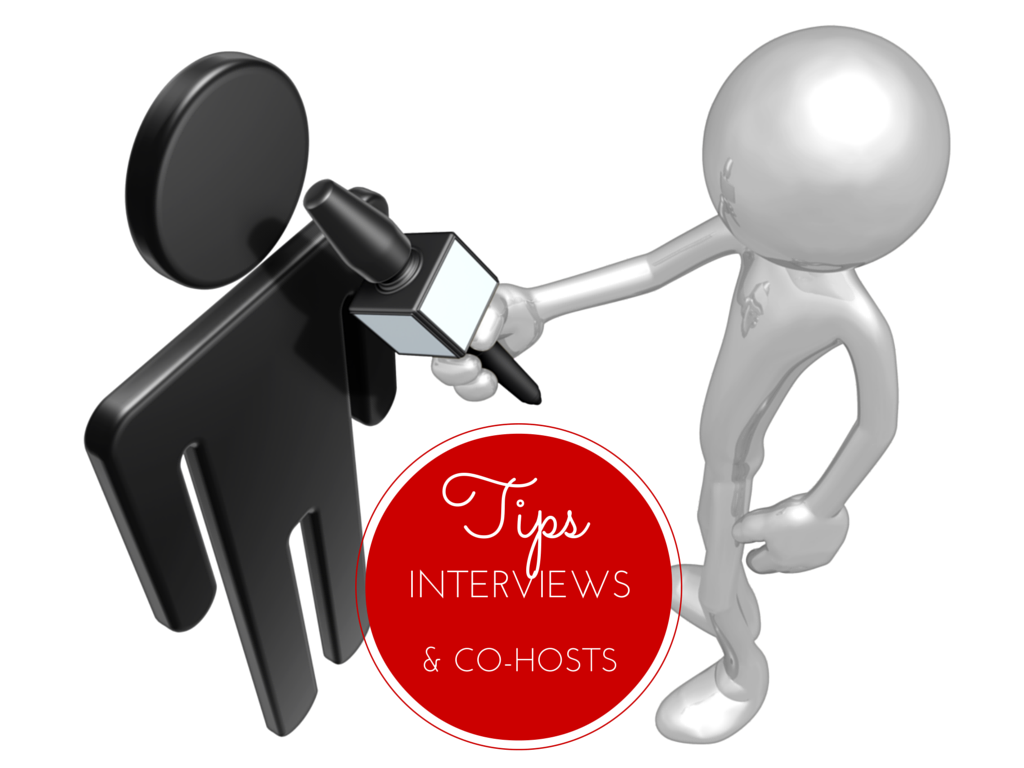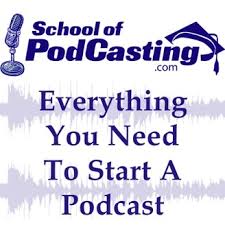Podcast: Play in new window | Download
Subscribe: RSS
It has been a crazy time in the world lately. When we face trying times like the Coronavirus Pandemic, we are hit with the unknown. We feel like we have little control. You and your show need to be an escape for your listeners.
ESCAPE
The news we hear contains a lot of fear and speculation. We hear about people fighting over toilet paper. My local WalMart just got a shipment of toilet paper in yesterday. There was an armed guard in front of it to ensure people didn’t hoard it.
These are definitely crazy times.
This craze is exactly why our content is important. We need to give our listeners a time to escape from reality for a bit. We need to be the vehicle that helps your listener put their mind elsewhere.
I was on the radio when 9/11 happened. It was early in the morning when the attack hit. My morning guy was actually on the air at the time.
By the time I was on in the afternoon, the news was becoming clear that New York City needed help. Many people felt helpless and didn’t know what to do.
We set up a drive-through donation area with the Salvation Army where people could make donations of medical supplies. The Salvation Army loaded the supplies into a truck and took them to NYC.
On the radio, we needed to decide if we were going to continue to recap the events of the day or return to playing music.
We realized listeners were getting updates from every direction. The news was becoming overwhelming. Our listeners just needed some semblance of normalcy. They needed someone to tell them it was going to be ok.
So, that’s what we did. We returned to playing music. We acknowledged the tragedy and told listeners where they could get info. But, we spent most of our time taking their minds away from the stress.
That is what you do. Take their mind away.
COMPANIONSHIP
People listen to your show for companionship. They don’t want to be alone doing whatever they are doing. Driving, walking, exercising, working or whatever. You are their buddy keeping them company.
When stressful times like this happen, people just need to think about something else. Help take their mind off of the worry and unknown.
Be a friend to your listener. Acknowledge the stress and pain. Then, move on to something else. People need normal. Too much negative news and stress is unhealthy. Take them to another place and time.
We talk a lot about being a friend and creating strong relationships. People do business with those they know, like and trust. In times like these, you can build that trust.
Be there for your listeners in the way they need. That doesn’t mean piling on the bad news and speculating what might happen. That means being an empathetic friend who can have a few laughs thinking about something else.
TOUGH DECISIONS
If you have ever lost a loved one, you know what I mean.
I lost my dad this past summer. Seeing him every day in the hospital was mentally fatiguing. I found it hard to focus on anything else.
That hospital brought back memories of losing my mom almost 20 years to the day earlier. It was like a double whammy. The unknown of if he would ever leave the hospital. Could he understand what I was saying? Was the medication working? I kept going through it over and over in my mind.
My son had a hockey tournament while dad was in the hospital. We needed to decide if we would make the trip or stay at home while dad was in the hospital. It was tough.
When my mom was in the hospital, she fought through a tremendous amount of unknown before she finally let go. I left work many times, because they thought that day would be the day only to find out she stabilized.
I knew it could be a long time before we knew what lay ahead for dad. Keeping up this cycle of “what ifs” in my mind was taking the toll.
We decided to make the trip. Being part of that hockey tournament and getting my mind off of things was just what I needed. Getting away from all of it gave my life a bit of normal.
When I got back to town, things were just as I left them. Dad was still in the hospital in the same state. The questions were still there. The doctors were still trying.
Without that trip taking my mind off of things for a bit, it would have just been weeks of worry, concern, unknown and pain. That isn’t healthy for anyone. My mind was able to relax for just a bit. I could think about other things.
That is what you can do for your listeners. Be that getaway. Help them escape.
FUTURE
So, where do we go from here?
Keep producing your show. Acknowledge and move on.
People need you to be your consistent self. Send the message that things will be ok. This is there normal lives. We are living our life rather than letting external forces we cannot control dictate what we do.
Help your listeners get through this by being you. That is what your listeners need.
This week, recognize the state of our society. Then, do your show. Your listener need you to be consistent.
Be a friend. Help your listener escape. It might just get your mind off of things for awhile as well.
You can find my podcast and other tools to help you create great content at www.PodcastTalentCoach.com.
Let’s turn your information into engaging entertainment.
